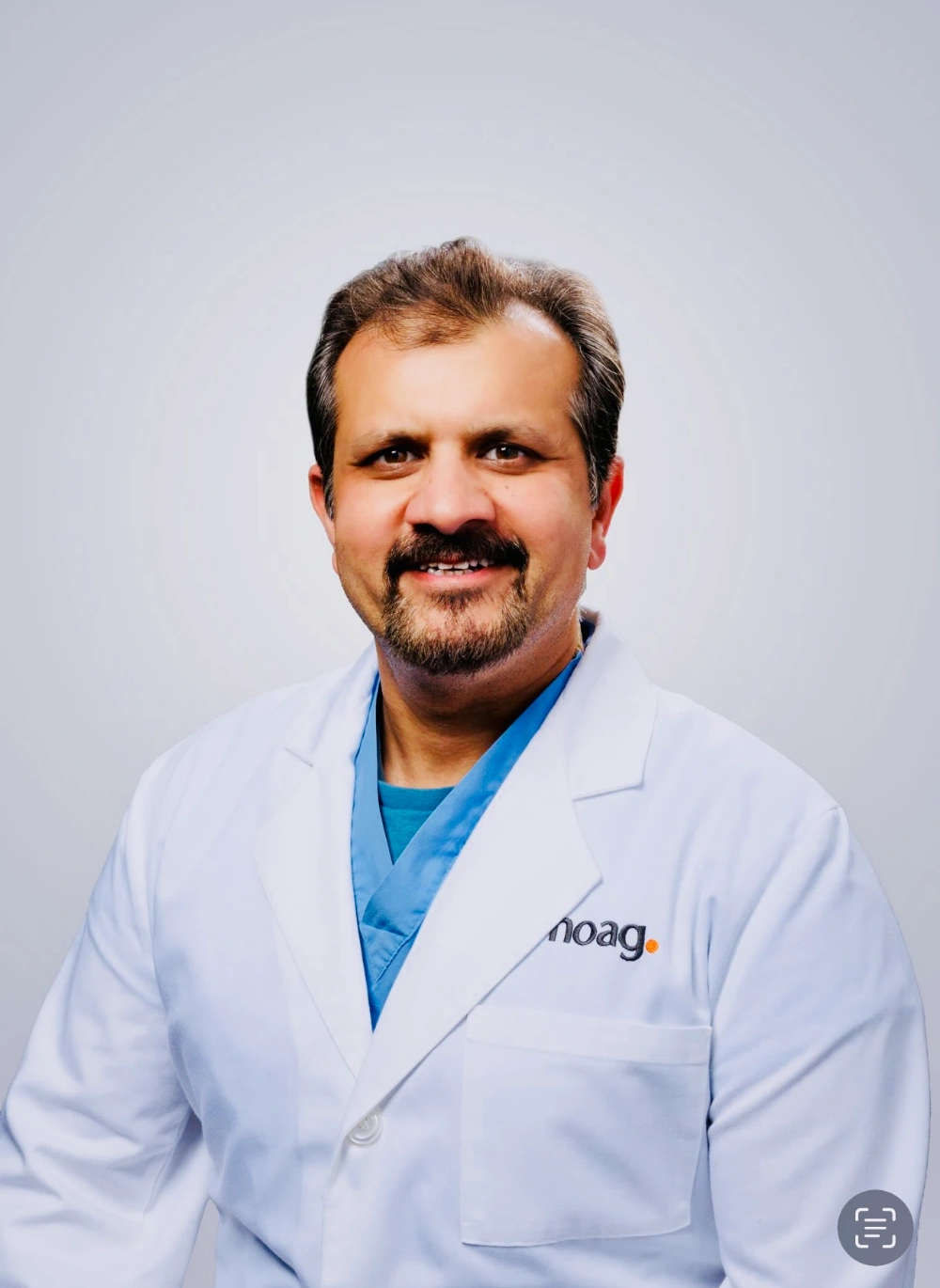Hoag Advanced Endoscopy Fellowship
Goal/Overview
The aim of the AEF program is to train gastroenterologists in performing all cognitive and technical aspects of diagnostic and therapeutic endoscopic techniques. At the conclusion of training, we expect the AEF graduates to be competent to establish an interventional endoscopy unit at their own hospital, hold a high-volume practice treating complex disease processes, and continue to further advance the field in both clinical research and development.
- Program Details
- Faculty
- Current Fellows
- Past Fellows
Program Details
Fellows can expect to complete at least 200 endoscopic ultrasound (EUS) and 200 endoscopic retrograde cholangiopancreatography (ERCP) cases during their training year.
Procedures that trainees will gain experience in include (but not limited to):
- Diagnostic and therapeutic endoscopic ultrasound (EUS)
- Endoscopic retrograde cholangiopancreatography (ERCP)
- Altered anatomy ERCP
- ERCP with cholangioscopy
- Ampullectomy
- Complex pancreatic duct therapy
- Endoscopic dilation and stenting therapy (esophagus, gastroduodenal, colonic)
- Endoscopic stricture management (incisional therapy)
- Endoscopic management of complex fistulas (endoscopic glue, clips, suturing)
- Endoscopic mucosal resection
- Endoscopic submucosal resection
- Endoscopic full thickness resection
- Mucosal radiotherapy and cryotherapy ablation
- Endoscopic bariatric and metabolic procedures
- Complex colonoscopy
- Endoluminal functional impedence planimetry
- Gastrojejunostomy tube placement
- Gastroenteric anastomosis, cholecystoduodenal anastomosis, choledochoduodostomy anastomosis creation with lumen apposing metal stents
- EUS-guided liver biopsy
- EUS-guided portosystemic pressure gradient measurement
- EUS-guided shearwave elastography
- Per-oral endoscopic myotomy procedures (Zenkers, esophageal, gastric)
- Endoscopic suturing for luminal defects
- Endoscopic vacuum therapy
- Small bowel enteroscopy (anterograde and retrograde)
The fellow will spend approximately 50% of their time at Hoag Memorial Hospital Presbyterian’s Newport Beach campus, and 50% of their time at Hoag Irvine Endoscopy Units. Fellows are expected to report to work Monday-Friday, except approved holidays, and be available for emergency calls for patients under their care and responsibility.
The fellows will demonstrate an ongoing commitment to self-directed learning and research. They will be expected to come up with a scholarly project by the end of the first month of the program. They will complete an abstract by the first week of December to be submitted to Digestive Disease Week (DDW) and author at least one publication by the end of their fellowship year. The fellows will also formally present their research to the fellowship leadership and faculty.
- Quarterly Program Endoscopic Case Conference
- Department Endoscopic Case Conference
- Monthly Journal Club
- Bi-Weekly Didactics
- Digestive Disease Week
- American Foregut Society (if interested)
- The fellow will be compensated at the appropriate PGY salary level.
- Benefits include medical/vision/dental insurance, professional liability coverage, disability coverage, and paid time off.
- Travel accommodations and reimbursements are granted for the fellow to attend Digestive Disease Week
There are two (2) positions available for the 2026-2027 fellowship year.
1 year (July 1st – June 30th)
Candidate Qualifications
- Applicants must be board eligible and/or board certified in Internal Medicine, and completed a Gastroenterology Fellowship program.
- Applicants must be eligible to obtain an unrestricted California medical license prior to the beginning of fellowship training. We are unable to provide J-1 visa sponsorship at this time. ****
- View the requirements for a California medical license
How to Apply?
- The fellowship has 1 position available in the ASGE Match for the 2026-2027 fellowship year.
- Applications are accepted on a rolling basis for 1 position outside of the ASGE Match for the 2026-2027 fellowship year. Email your application documentation to: GMEOffice@hoag.org
Application Materials
- Application Form
- Curriculum Vitae: Please include honors, award, & publications on your curriculum vitae
- A personal statement describing your career aspirations and clinical interest.
- Three (3) letters of recommendation – one letter must be from your residency Program Director and/or Advanced Endoscopist
- Copies of:
- USMLE/COMLEX Score Reports
- Medical School Diploma
- ECFMG certificate if applicable
- Residency Certificate
- Summative Fellowship Evaluations (optional)
TBA
Advanced Endoscopy Fellowship Faculty
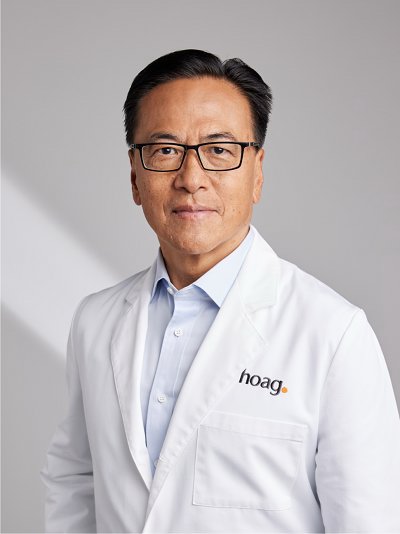
Kenneth J. Chang, MD
Executive Medical Director, Hoag Digestive Health Institute
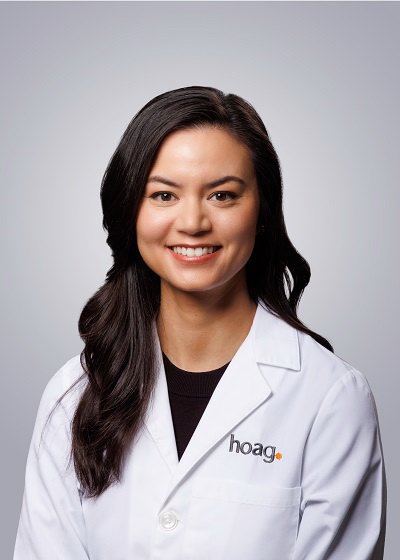
Jennifer Phan, MD
Medical Director, Hoag Irvine Advanced Endoscopy, Director of Bariatric Endoscopy, Gastroenterologist

Paul J. Korc, MD
Paul J. Korc, M.D. serves as medical director of the Hoag GI Lab and is a board-certified gastroenterologist with fellowship training in advanced endoscopic procedures. After completing his residency and fellowship at USC, he went on to spend a year at Indiana University, one of the nation’s top programs for biliary and pancreatic disorders. There, he received training in endoscopic retrograde cholangiopancreatography (ERCP) and endoscopic ultrasound (EUS), gaining extensive experience in the management of complex cases. Dr. Korc’s expertise also includes removal of large polyps and early stage cancers of the gastrointestinal tract, using endoscopic mucosal resection (EMR) and endoscopic submucosal dissection (ESD). He spent time in Seoul, Korea learning ESD, a cutting-edge technique in which pre-cancerous lesions and superficial cancers are removed en bloc (in one piece), avoiding the need for surgery. Additionally, Dr. Korc performs peroral endoscopic myotomy (POEM), a specialized procedure that restores the ability to eat and drink for people with achalasia, an esophageal motility disorder. Dr. Korc brings to Hoag his expertise in these procedures, some of which are available at only a handful of medical centers in Southern California. Dr. Korc offers patients compassionate, personalized care along with the very best advances in endoscopic treatment.

Phuong T. Nguyen, MD
Medical Director of Hoag Advanced Endoscopy Center, Gastroenterologist

Ravi J. Kankotia, MD
Dr. Kankotia is a board-certified gastroenterologist at the Hoag Digestive Health Institute. His focus is in advanced endoscopic procedures, and his clinical interests include pancreaticobiliary disease, tissue resection, Barrett’s esophagus, and bariatrics. Other services offered include luminal stenting, radiofrequency ablation, endoscopic mucosal resection, esophageal pH monitoring (Bravo), liver biopsy, portal pressure measurement, and endoscopic suturing. He strives to provide his patients and their families with personalized care plans that help each patient reach their health goals. At the Hoag Digestive Health Institute, Dr. Kankotia works with a team of digestive health experts to provide a comprehensive approach to wellness. Dr. Kankotia earned his medical degree at the Keck School of Medicine of the University of Southern California in Los Angeles. He completed internal medicine residency and gastroenterology fellowship at University of Southern California/LAC+USC Medical Center. He then completed an additional fellowship in advanced endoscopy at the University of Michigan in Ann Arbor, where he developed expertise in ERCP (endoscopic retrograde cholangiopancreatography), diagnostic and therapeutic EUS (endoscopic ultrasound), and other techniques while garnering experience managing complex cases. Dr. Kankotia is a current member of the American College of Gastroenterology, American Gastroenterological Association, and American Society for Gastrointestinal Endoscopy. Additionally, he has contributed to several publications on topics such as gastric cancer, biliary disease, pancreatic cysts, and luminal strictures.
Current Fellows
Badar Hasan, MD FRCP(C), ESEGH (UK)
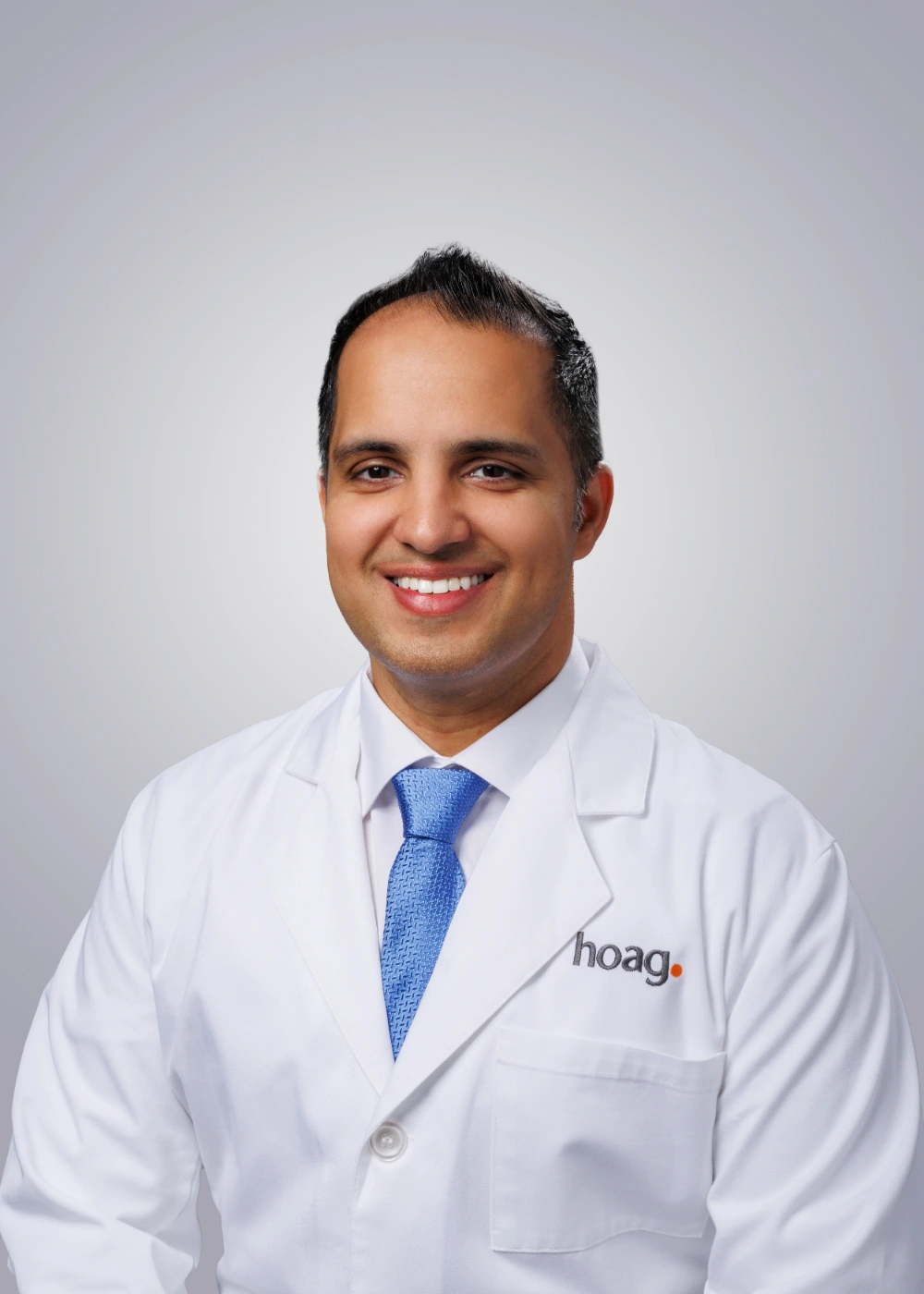
Past Fellows
Avni Jain, MD, FRCPC
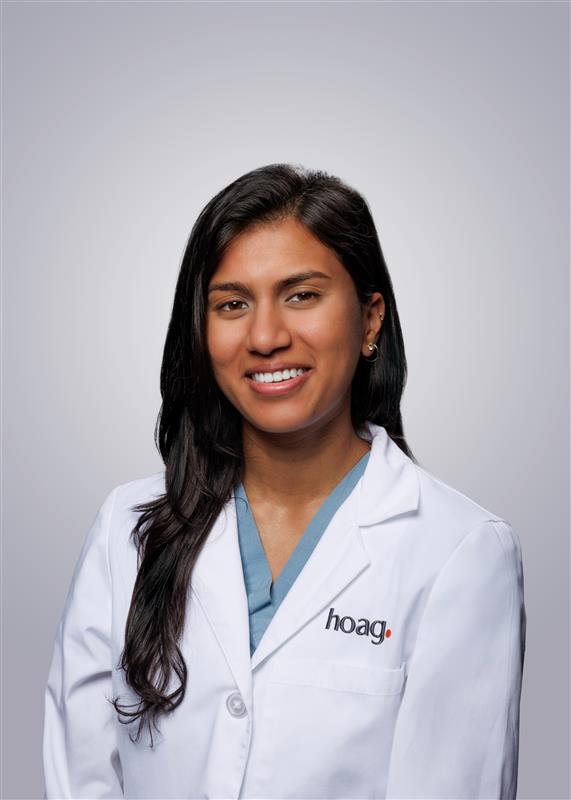
Michael Yu, MD, MSGM
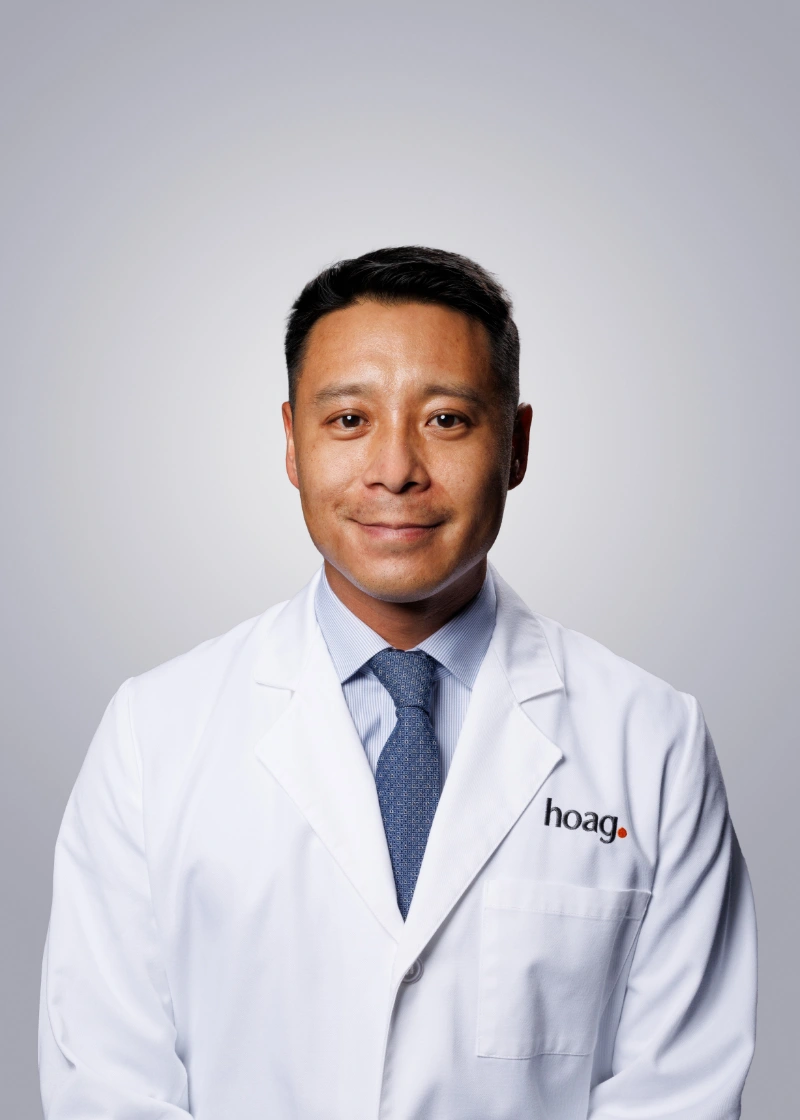
Atif Saleem, MD, FASGE
